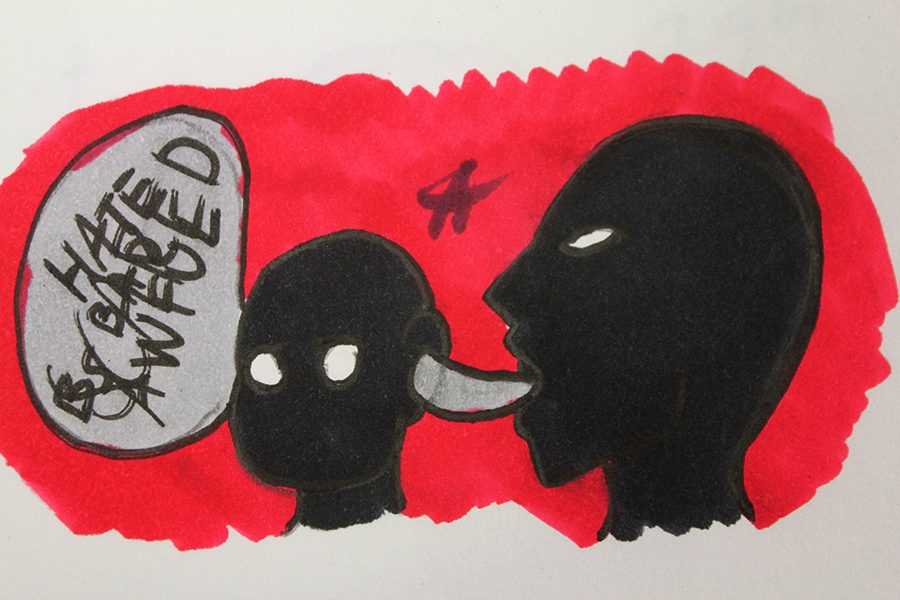Why parents shouldn’t force their beliefs on their kids
Parents may end up forcing negative beliefs on their kids
February 8, 2017
For many generations, ideals such as religion, political views, and personal opinions have been passed down from parent-to-child, but in a world where technology dominates and these kind of ideals are accessible to anyone anywhere, should parents still be pressuring their kids to think the same way they do?
Before the rise of technology, most people formulated their beliefs on their biggest circles of influence, one of the most important being their parents. Many children growing up didn’t think twice about the views their parents held, and often times continued passing those views onto their own offspring. But times – and influences – have changed. One of the largest, and most easily accessible, influences to the youth today is the media.
Media, although it shouldn’t be, tends to be biased. Most people only watch and listen to stations and channels that appeal to their ideals. However, biased media is one of the most easily found. So what happens when a child finds a biased media that supports the opposite of what their parents ever supported – and they find they agree more with it?
Many parents choose to try and “correct” what the child had seen, in a vain attempt at aligning the child again with their beliefs. A lot of the time, this does not work, and one way or another, the child and parent can’t see each other in the same light again. But would this have happened had the parent not tried to push their ideology onto their child in the first place?
In a time where beliefs can be more easily formulated and upheld with statistics and facts, is it really right that parents try and push their forever beliefs onto their children? It’s easy to answer: No. Children nowadays shouldn’t grow up trying to fit into a mold that their parents create for them before birth, nor should they be shunned for having different ideals later on in life. The first and foremost feeling among parents and their kids should be love and acceptance, no matter what they believe. But many parents today choose not to listen to what their kids formulate on their own, or completely disregard their beliefs because “They’re just children,” and “They’ll grow out of it.”
So what can we, as the soon-to-be future generation of parents, do about this increasingly worrying phenomenon? We be kind. We be accepting. To the ones who may be our future children, we mustn’t force them to follow what we follow, but instead open them up to the opportunities and beliefs of the known world. We show them through love and through actions that no matter how far our beliefs may be, we will still love and accept one another.




